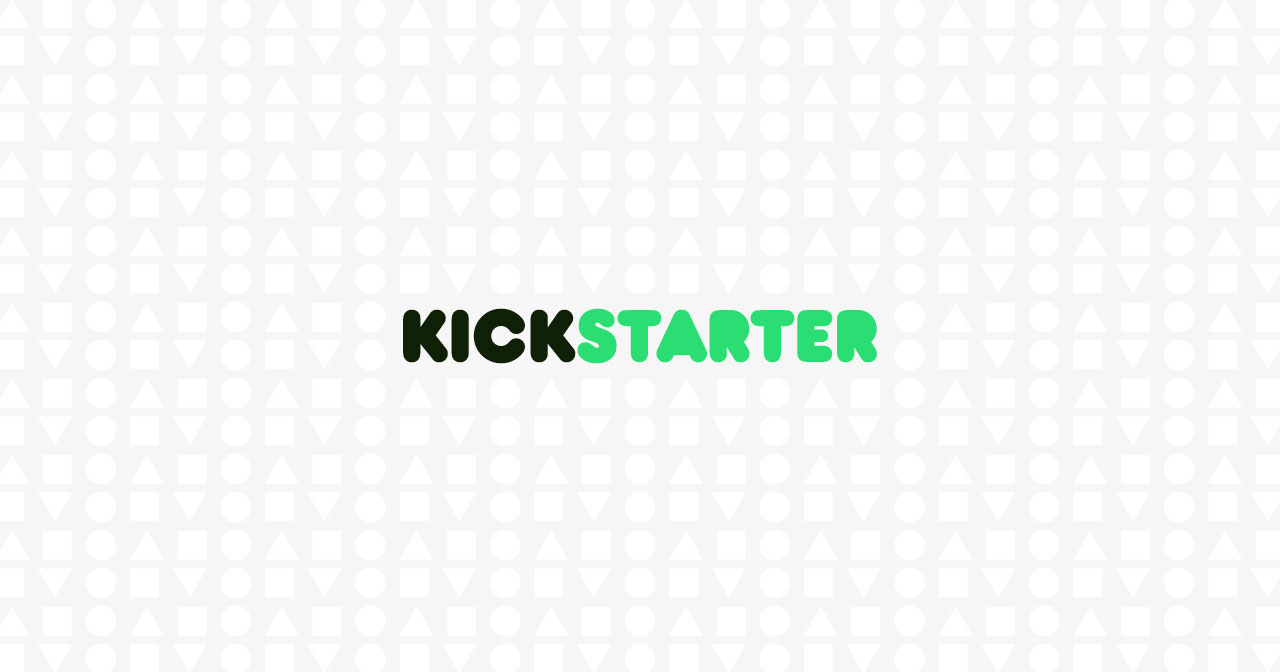Since their launch, platforms like Kickstarter and IndieGoGo helped to fund projects which would never have seen the light of day otherwise. Especially in the video game industry noone was willing to take any risks anymore and for example old-school computer RPGs had trouble to find publishers. The pen & paper had a similar issue. Only a few publishers are large enough to fund big (at least for the RPG industry) print runs, and some of them just couldn’t take any risks anymore. Over the years the target audience might even have grown smaller while the competition increased.
Kickstarter (and other crowdfunding platforms) changed this. If there’re are enough people interested in backing a project, even niche games can be produced. For a while it was a win-win situation. But as things are, this eventually changed.
Kickstarters are not preorders
This simple truth is often forgotten by both customers and publishers. As a customer you always have to remind yourself that there’s always the risk that the project will fail (even after being funded) and you might not even get your money back. There are more than enough failed crowdfunding projects that went awry.
On the other hand, some publishers treat Kickstarter like a preorder platform. This may even lead to people being more hesitant to support smaller, more risky projects. A lot of great roleplaying games might not have seen the light of day, because of another KS by a publisher who could easily prefinance their own projects.
Kickstarters are stress
I’ve talked to publishers who have run Kickstarters and who have also financed their products the regular way. All of them told me that the Kickstarters are way more stress. Instead of actually finishing the actual product, you have to keep your backers happy with regular updates, you have to worry about stretch goals, extras you promised, and especially the funding period must feel like hell on Earth, especially when it’s unsure if the project will fund at all. And even if the whole project runs smoothly, there may be more stress afterwards. There’s a much stronger feeling of entitlement when people back a project. Since they helped fund it, they feel more attached but also as if they have more say into where the voyage goes. Since noone can please each and every backer, some people will always feel let down.
No one takes a risk anymore
I actually praised this at a good thing, but it also has a dark side. Kickstarters are a relatively easy way to check if a project garners enough interest in the gaming community. But there are much more things that can spell doom for a KS than just the product’s quality and people’s interest in it. Timing is also important. Run your campaign while Monte Cook runs one of his and you’re target audience may already have overspent their monthly KS budget.
Running a KS is usually less risk for the publisher, but it’s also often the easy way out. Risk-taking is a part of entrepreneurship, and sometimes it’s necessary. But sometimes I get the impression that crowdfunding is seen as the perfect alternative. But this also means that some great products might never see the light of day because of a Kickstarter. Sometimes the customer doesn’t actually know what he wants.
I often have the impression that it has become a standard to fund new roleplaying games on Kickstarter or its competing crowdfunding platforms. Unfortunately this is not always a good thing. I understand that in this day and age it has become harder to stay afloat if you’re a small press publisher, but a KS that went wrong may as easily spell doom for a publisher as well.
What are your thoughts on crowdfunding? Love it, hate it? Or do you share my ambivalent feelings? Please share your comments below!

